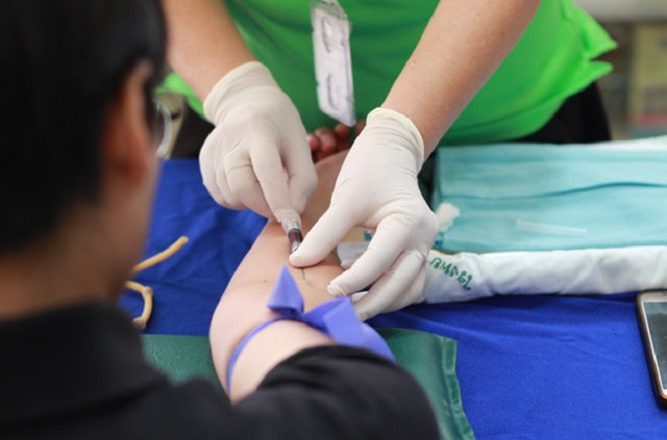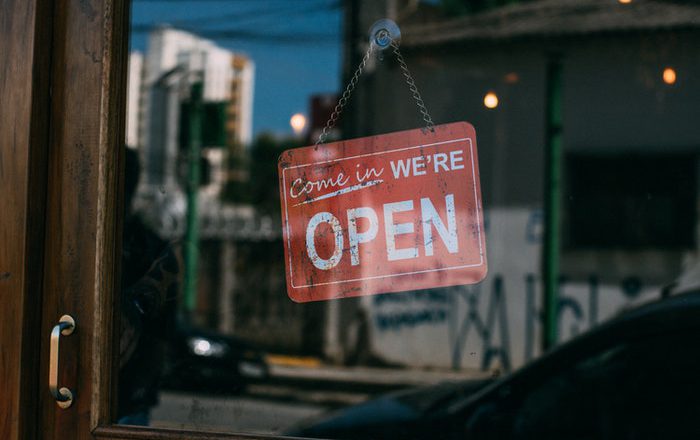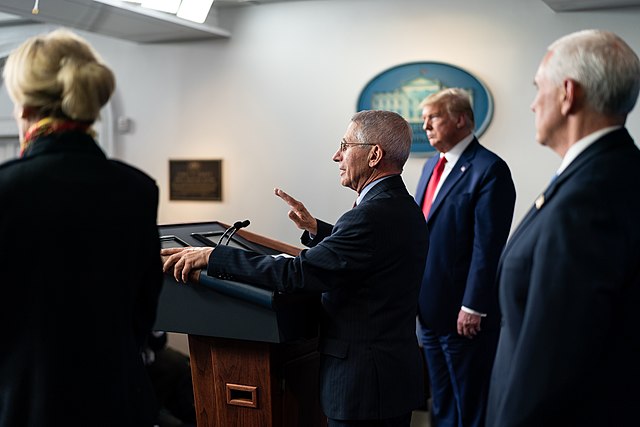Hurricane Season Threatens Billions Of Chickens
Hurricanes can have devastating consequences for both residents and businesses in their path. And one sector that’s particularly exposed is the broiler chicken industry.
CC BY-SA
Virtually all of the breasts or legs you eat at home or in a restaurant come from broilers, the name given to chickens bred and raised for meat production. Sometimes you’ll hear chickens called fryers, roasters and Cornish game hens, but generally these all refer to broilers harvested at specific ages and weights.
The U.S. produced 9.18 billion broilers in 2019, more than any country in the world. It’s also the second-biggest exporter of poultry. Yet over half, or 5.1 billion, are at risk for six months of every year – from June 1 to Nov. 30 – of getting wiped out by a hurricane.
Six of the top 10 broiler-produ...




